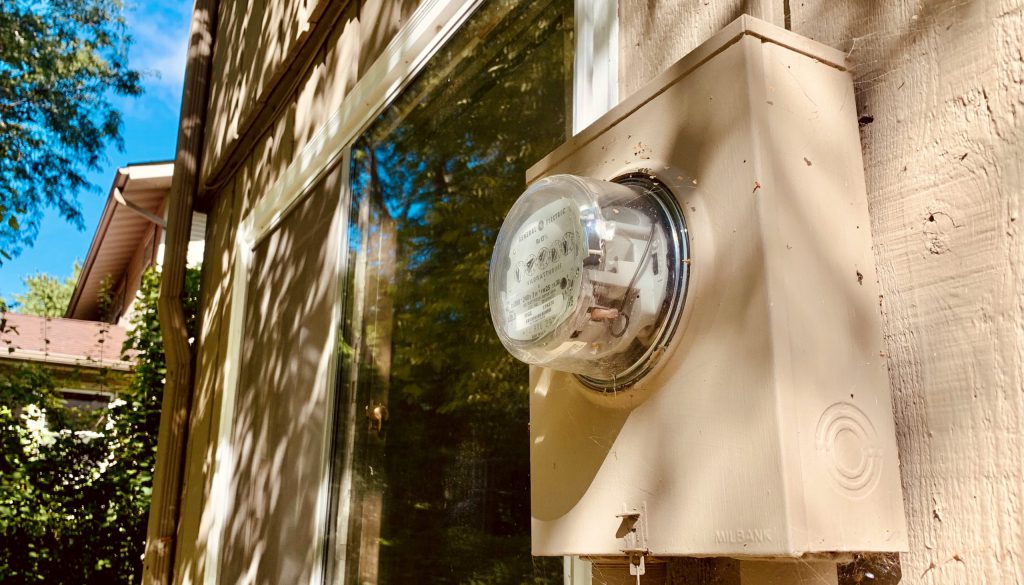Madison Gas and Electric (MG&E) has agreed to lower its fixed charges for electricity, which had been among the highest in the state, after Clean Wisconsin and other advocacy groups intervened in its latest rate case. The fixed electric charge for residential customers will drop from $19 to $17 per month next year, then to $15 per month in 2023. The Madison-based utility will also expand its smart thermostat efficiency program to include low-income customers.
“This is a win for people who are working to conserve energy,” says Katie Nekola, general counsel for Clean Wisconsin. “The more an electric bill reflects the amount of energy actually being used, the better we can understand and control our energy use and bills. That’s better for our pocketbooks and for the planet.”
Nekola points out that high flat fees unfairly burden low energy users and lower income customers.
“Lower income households generally use less energy on average than other customers. So when the fixed charge for electricity is high, it’s really hurting people who can least afford it. People on fixed incomes or with tight budgets wind up spending a greater portion of their incomes on these flat fees. Clean Wisconsin was very concerned about that disproportionate impact, and we’re glad MG&E listened to our concerns,” she says.
Clean Wisconsin, along with the Citizen Utility Board (CUB), RENEW Wisconsin and Sierra Club intervened in MG&E’s rate case last spring and worked with the utility to include a number of rate and program changes, including a bill incentive to help businesses that were forced to close during the pandemic, ending customer-funded utility payments to energy trade associations, and the development of an energy bill relief program for low-income customers.
“We’re very pleased that MG&E was willing to address these issues in a meaningful way, and we look forward to working together on future programs to fight climate change and keep energy affordable for all,” Nekola says.
The agreement will now go before the Public Service Commission of Wisconsin for final approval.

